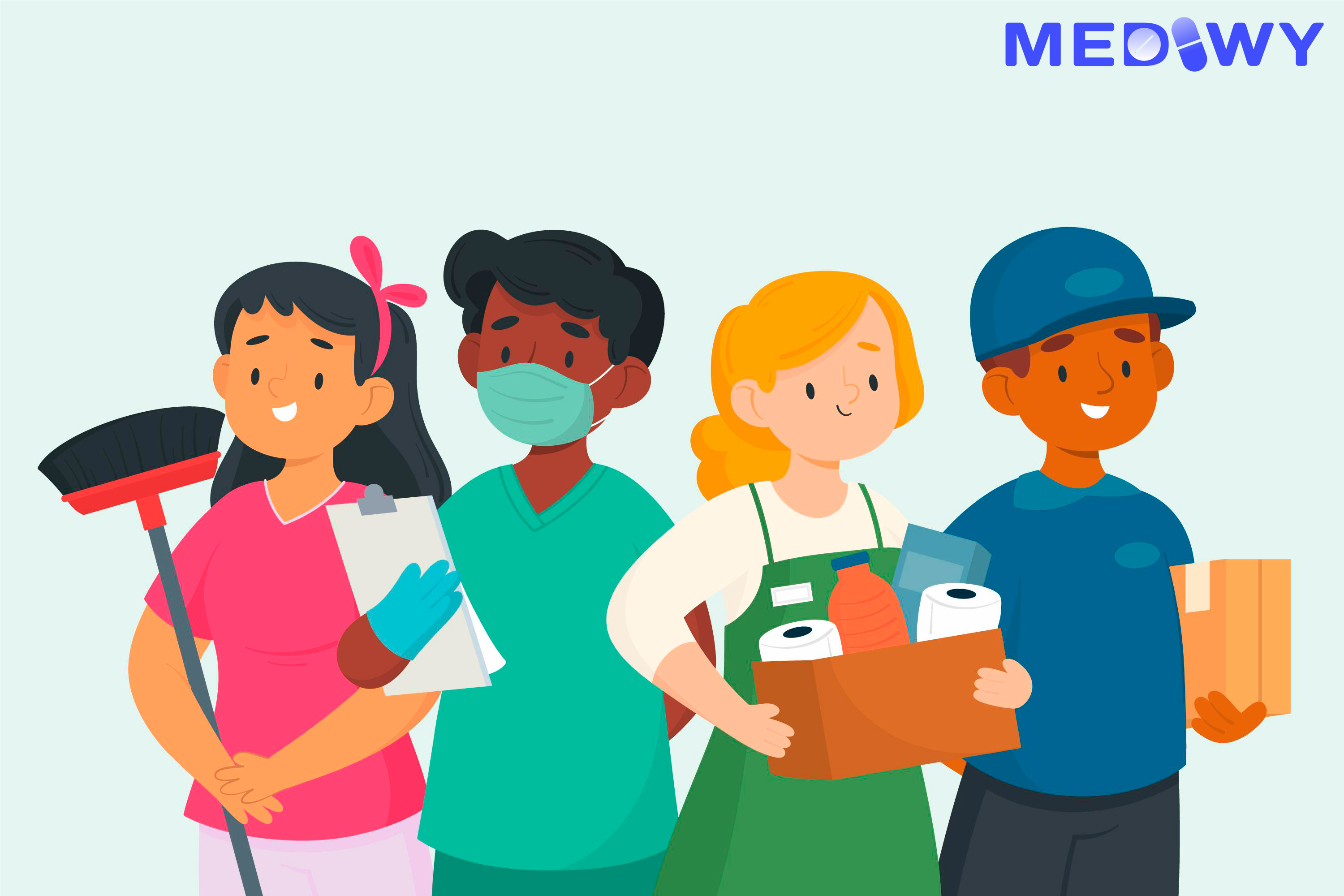Mental Health of Teenagers

Teenage mental health facts
- One in six people is 10-19 years old.
- 16% of the global burden of disease and injury in people aged 10-19 years are accounted for by mental health conditions.
- Half of all mental health conditions start till the time one reaches 14 years of age, but most cases are undetected and untreated.
- Depression is one of the major causes of mental illness and disability among adolescents.
- Suicide is the third most common cause of death in 15-19-year-olds.
- The effects of not dealing with adolescent mental health conditions continue to adulthood, impairing both physical and mental health and restricting opportunities to lead successful lives as adults.
- As per teenage mental health statistics, worldwide, it is calculated that 10%–20% of adolescents cope with mental health conditions, but most times, it remains undiagnosed and untreated. Indications of poor mental health are neglected for many reasons, such as inadequacy of knowledge or awareness of mental health among health workers and also the shame that prevents seeking support.
- According to the 2011 census, almost one-fourth of the Indian population is adolescent (253 million). As per the National Mental Health Survey of India (2015–2016), the prevalence of psychiatric disorders among adolescents (13–17 years) is noted around 7.3%. However, very little attention has been given to the mental health problems of this age group.
It’s usual for teenagers to be moody sometimes. However, when are these mood swings a sign of something more – such as mental illness?
Mental health is more prevalent in teens. But various kinds of mental illness can be treated, and it’s just a matter of singling out the diagnosis.
Teenage mental health crisis
Physicians look at certain criteria to discern if an individual has a mental illness.
For an individual to be diagnosed with major depressive disorder, physicians mostly look for a depressed mood or a lack of interest in pastimes or recreations. But, teenage mental health symptoms might appear as changes in their academic performances, a disregard towards friends, or out-of-character grumpiness. If at least one of those symptoms is present, more criteria are examined.
Teenage mental illness symptoms
Moreover, five out of the following seven teenage mental illness symptoms are needed for diagnosis:
- changed duration of sleep
- the new outset of sorrow
- differences in energy level
- shifts in concentration or task completion
- fluctuations in appetite
- changes in motivation
- suicidal thoughts
If an individual has undergone five of those symptoms almost every day, for at least two weeks, they might be diagnosed with major depressive disorder.
Therefore, if your teen has occasional bouts of outrage or stays out late sometimes, it’s possibly not a reason to be worried.
But, if those feelings remain and there are other uncommon symptoms, it’s possibly a good suggestion to talk to your doctor.
The most prevalent mental health in teens are:
- Generalized anxiety — Excessive concern about mundane issues
- Social phobias — Severe emotions of self-consciousness and insecurity in social environments
- Depression — Persistent feelings of sorrow, anxiety, and/or nothingness
teenage mental illness symptoms differ relying on the situation.
Generalized anxiety, social phobias, and depression have distinct symptoms.
Teenage mental illness symptoms of generalized anxiety disorder comprise:
- Feeling restless or on edge
- Becoming exhausted easily
- Difficulty with concentration
- Feeling irritated
- Difficulty maintaining worry levels under control
- Difficulties falling asleep or remaining asleep, or not feeling well-rested
Social anxiety disorder symptoms comprise:
- Severe anxiety at the idea of being around others and difficulty in talking to others
- Feeling extremely self-conscious and fear of embarrassment, rejection, or hurting the feelings of people
- Concerned about being judged
- Not going to places where other people will be
- Difficulty in maintaining relationships
- Sweating or trembling around others
- Nausea around others
And symptoms of depression comprise:
- Feeling persistently unhappy, anxious, or blank
- Feeling hopeless or pessimism
- Irritability
- Feeling regretful, useless, or helpless
- No interest in pastimes or recreations that used to be enjoyable
- Fatigue or lack of energy
- Moving or speaking more slowly than usual
- Uneasiness
- Difficulties in concentration, memory, and decision-making
- Undergoing unexplained differences in appetite or weight
- Death-related or suicidal thoughts
- Unexplained discomforts or pains that don’t go away when treated
At least some of these teenage mental illness symptoms generally have to be present for many weeks or months before a precise diagnosis can be made. However, sometimes, just 2 weeks’ worth of symptoms is sufficient to consider a diagnosis.
If you are a caretaker or parent, some of the supportive measures to take that may assist to find treatment for a teen with mental illness:
- Speak with your child’s pediatrician.
- Get a referral from the pediatrician to consult a mental health professional.
- Request supplementary assistance at your teen’s school.
- Discuss with other families and friends who may be familiar with the challenges that come with raising a teen with mental illness. Ask for their advice and suggestions.
If you’re worried that your teen might be fighting with a mental illness, plan an appointment with a mental health professional.





